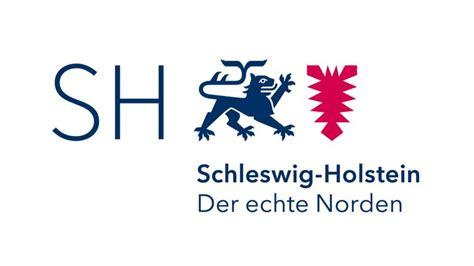Since the idea arose in 2012, Schleswig-Holstein has slowly but steadily moved toward open source solutions in the public sector. Along with other states in Germany, Schleswig-Holstein works for digital independency.

”In June 2012, the newly elected government stated in its coalition agreement that it would increase its public administration's use of free software solutions” Gijs Hillenius wrote on the OSOR in 2014, referring to the state of Schleswig-Holstein. The general reasons behind their changing to FLOSS (Free and Open Source Software) was to reduce vendor lock-in, reduce IT prices and subscriptions, and avoid data leaks.
Throughout the period 2019-2021, Schleswig-Holstein has a local pilot running where all administrative computers are tested to run with open source software.
The future and open source
Schleswig-Holstein’s road to independence from the tech giants starts with reducing Microsoft’s products in the public sector in 2020.
With the switch to open source, Schleswig-Holstein starts the next level of digitisation. We are becoming more independent, future-oriented and more ecological.
- (author’s translation) Digitaliserings Minister, Jan Philipp Albrecht (Bündnis 90/Die Grünen), eGovernment Computing, 2020
Jan Phillip Albrecht stated that the security level also increased because with open source, the state has better possibilities to develop on and protect citizens’ data.
Around 25.000 administrative computers in the state of Schleswig-Holstein have Microsoft products installed. It costs 2,5 million Euros yearly in subscriptions. Last year, Schleswig-Holstein really took action and reduced their deal with Microsoft with the intention to saving 6,8 million Euros by 2025.
LibreOffice is the chosen replacement for Microsoft. This means that the administrative staff needs some training for Libre. Although other German states (such as Dortmund, and Munich) have also implemented open source software, Schleswig-Holstein is the first with the grand ambition of implementing it in the whole administration. Hamburg has followed the example, and Cathrin Schaer wrote in 2020 for ZDNet that Hamburg will add the preference for open source software into the public tenders. They intend to share it with others who can reuse these changes in their own tenders.
Final take-aways:
- Since 2012, Schleswig-Holstein has moved from open source as an idea for administrative staff computers to open source in practice.
- The state of Schleswig-Holstein replaces Microsoft with LibreOffice.
- Nationally and locally, there is a strategy against vendor lock-in while Hamburg is currently working on a template for a tender.

